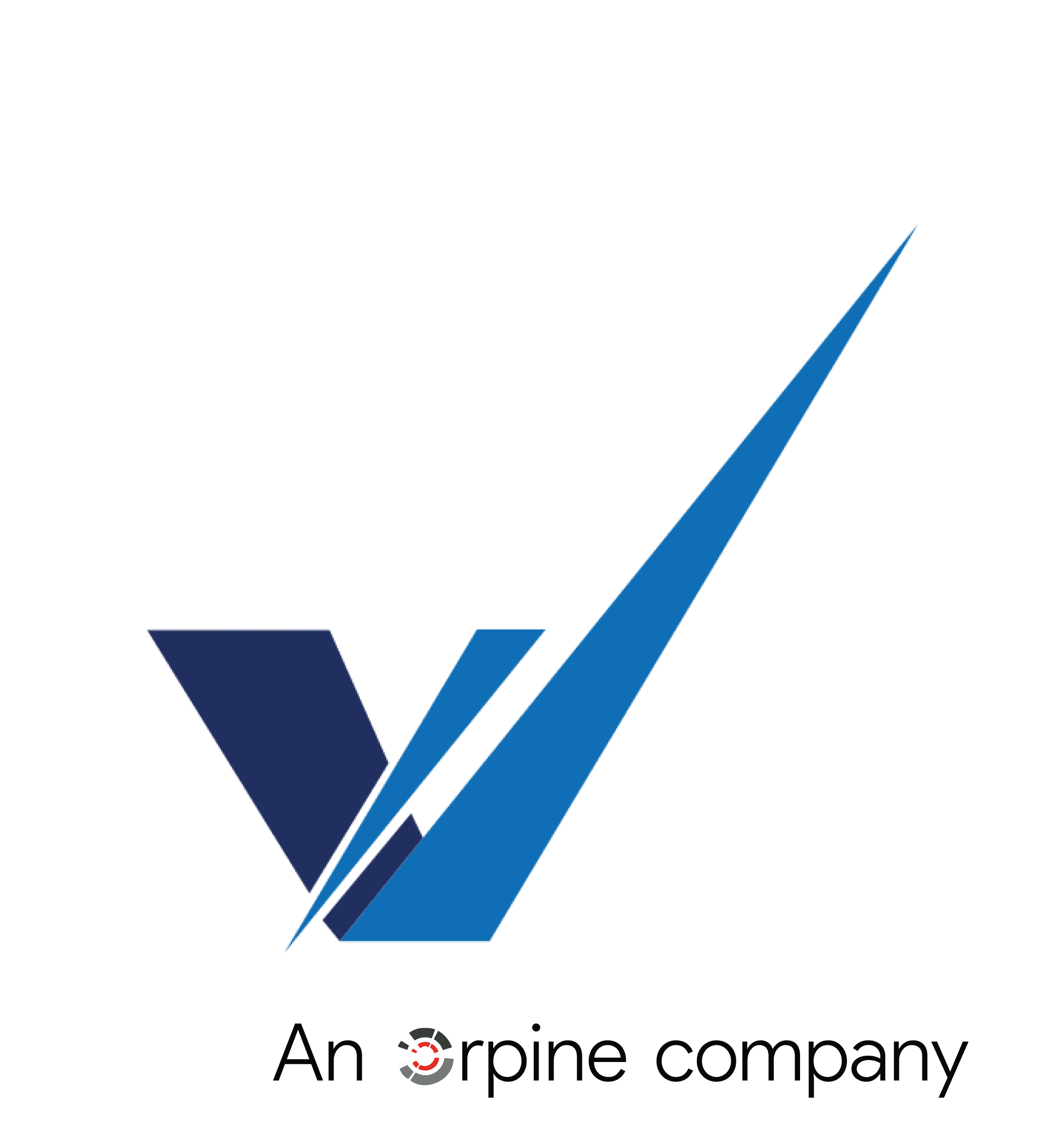Description
As a Systems Architect specializing in Identity and Access Management (IAM), you will be responsible for designing, implementing, and managing robust IAM solutions that ensure secure and efficient access to our systems and data. You will work closely with cross-functional teams to develop and maintain IAM strategies, policies, and procedures that align with our business objectives and regulatory requirements.
Key Responsibilities:
- Design and architect comprehensive IAM solutions, including identity lifecycle management, authentication, authorization, and access governance.
- Develop and implement IAM policies, standards, and procedures to ensure compliance with industry regulations and best practices.
- Collaborate with IT, security, and business teams to understand requirements and translate them into effective IAM solutions.
- Evaluate and integrate IAM technologies and tools, such as Single Sign-On (SSO), Multi-Factor Authentication (MFA), and Privileged Access Management (PAM).
- Conduct risk assessments and vulnerability analyses to identify and mitigate potential security threats related to IAM.
- Lead IAM projects from inception to completion, including planning, execution, and post-implementation support.
- Provide technical guidance and mentorship to junior team members and other stakeholders.
- Monitor and analyze IAM system performance, ensuring optimal functionality and security.
- Stay current with emerging IAM trends, technologies, and best practices to continuously improve our IAM framework.
- Develop and deliver training and awareness programs to educate employees on IAM policies and procedures.
Qualifications:
- Bachelor's degree in Computer Science, Information Technology, or a related field. A Master's degree is a plus.
- Proven experience as a Systems Architect with a focus on Identity and Access Management.
- In-depth knowledge of IAM concepts, technologies, and best practices.
- Experience with IAM tools and platforms such as Okta, SailPoint, Microsoft Azure AD, Ping Identity, or similar.
- Strong understanding of security protocols, authentication methods, and access control models. Have a strong background deploying applications using OIDC, OAUTH2 and SAMLv2 integrations.
- Familiarity with regulatory requirements and standards related to IAM, such as GDPR, HIPAA, and NIST.
- Excellent problem-solving skills and the ability to think critically and strategically.
- Strong communication and interpersonal skills, with the ability to collaborate effectively with diverse teams.
- Relevant certifications such as CISSP, CISM, or IAM-specific certifications are highly desirable
Education
Bachelor’s or Master’s degree
- Posted On: 30+ Days Ago
- Experience: 5+ years of experience
- Openings: 1
- Category: Senior IAM Engineer
- Tenure: Contract - Corp-to-Corp Position

